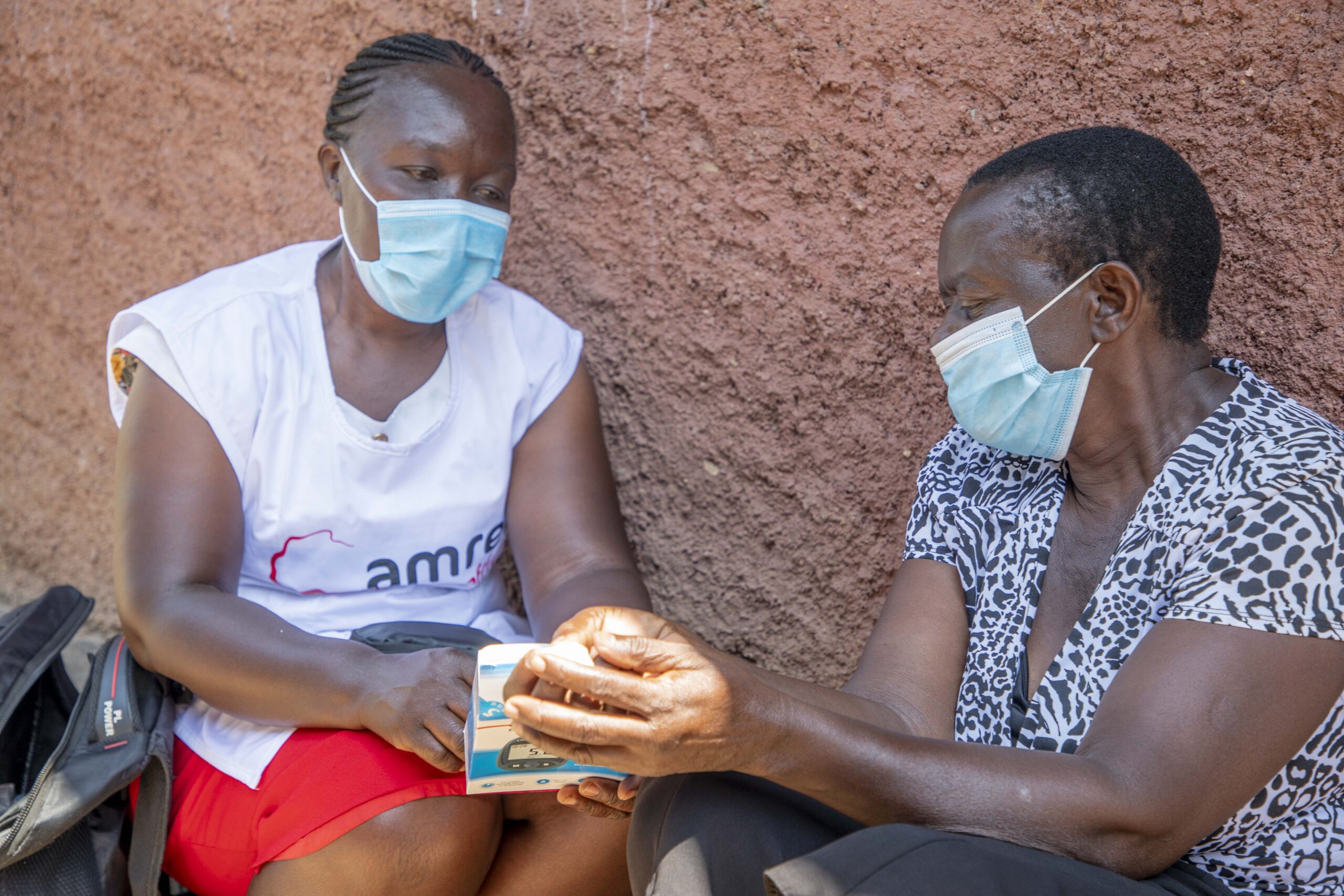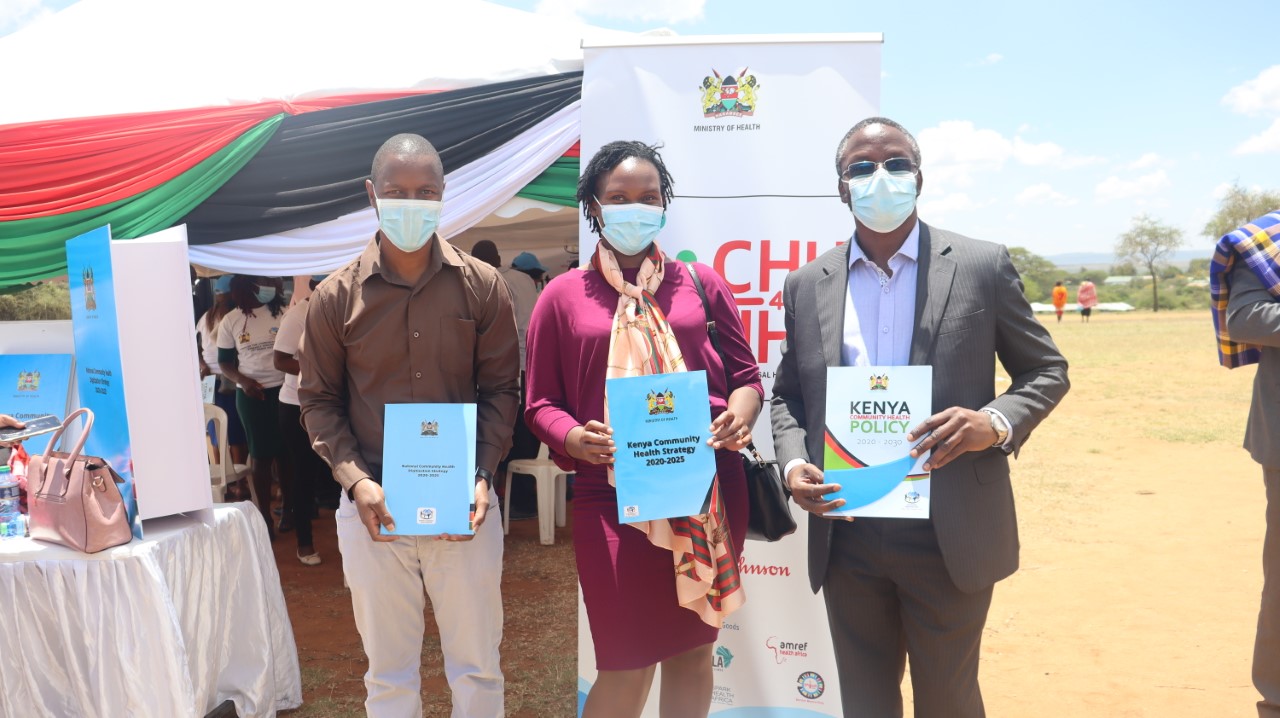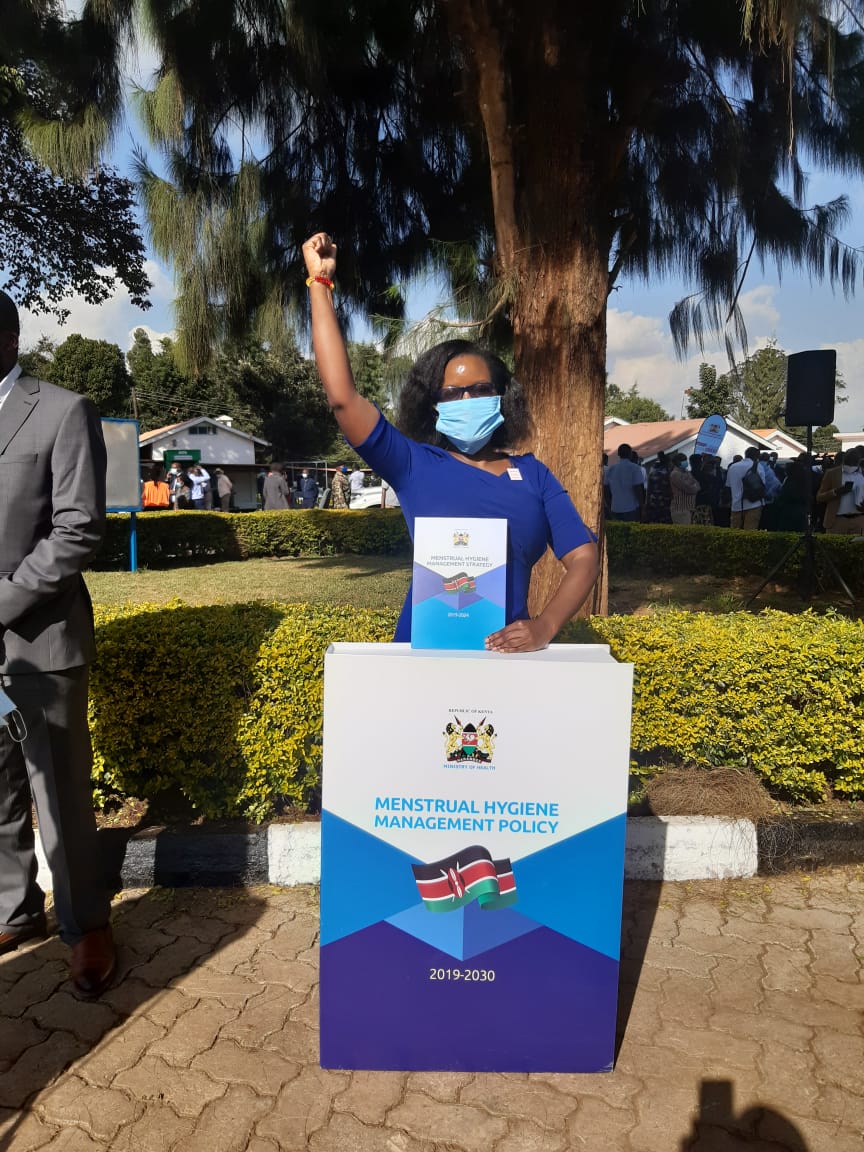Jasmila’s Struggle with Fistula
Monday, 11 April, 2022

In October 2017, Jasmila – 35, was excited to be expecting her first child. Having attended all her antenatal care visits, she was aware of her due date and went to the hospital when her labour started. Jasmila endured prolonged, painful and obstructed labour and had to be referred to a high-level facility for caesarian surgery. She woke up to be informed that the baby had died due to distress during labour. Her second tragedy came shortly after – she was to stay in the hospital for two weeks to heal from the surgery and hope the leaking urine would stop. It didn’t. An enthusiastic early childhood development teacher, Jamila stopped looking forward to her passion.
For five years Jasmila has been visiting clinics for treatment for the leaking urine only to be diagnosed and treated with cysts. The pain and leaking got worse during her periods forcing her to change her clothes constantly due to the stains of the leaking. “I was too embarrassed to go to work because of the stares, and discrimination from my peers for smelling of urine” retorts Jasmila.
Her ray of hope came when a community health volunteer (CHV) in her area advised her to seek treatment from a free fistula camp organized by Amref Health Africa in Kenya and partners. As luck would have it, Jasmila attended the fistula camp and was informed that she was suffering from uterine fistula, which was the cause of the urine leaking including mixed with blood during her menses and is treatable. The week-long fistula camp was aimed at providing at least 30 women with free surgeries and medical advice at Kilifi County Hospital.
The leading cause of fistula is the trauma of a long, painful obstructed labour. In most cases, the labour ends with a stillbirth. The World Health Organisation (WHO) estimates that more than 2 million women live with fistula worldwide. In Kenya, it is estimated that 3,000 new fistula cases are recorded, and only 7.5 per cent of the women are able to access medical care. This means that every year, more than 2,700 women with new fistula cases do not receive the necessary medical care.
Jasmila was over the moon during an interview after her surgery at the fistula camp saying “Am hopeful I can concentrate on trying to get a child and making up for the lessons I have missed. I could even take up extra lessons in school”.
During the one-week fistula camp (25th March – 1st April 2022) at Kilifi County Hospital, 112 women were screened, while 30 patients were admitted for the fistula reconstruction procedure and other gynaecological cases. Many of these women had faced discrimination and stigma with some being ostracized from their communities. Treatment of fistula in a public hospital is Kshs 6,000.00 ($60) which most families from humble backgrounds in Kilifi cannot afford. The exercise which was carried out in partnership with Flying Doctors Society of Africa, M-PESA Foundation and UNFPA, aims to create awareness about fistula and the importance of quality maternal health services.
Amref Health Africa is committed to supporting the government and partners in strengthening health systems to better serve mothers and newborns. The most cost-effective way to reduce complications such as fistula is through access to quality care and well-trained health professionals with midwifery skills during childbirth.
Edna Mossiara,
Communications Officer, Amref Health Africa in Kenya




